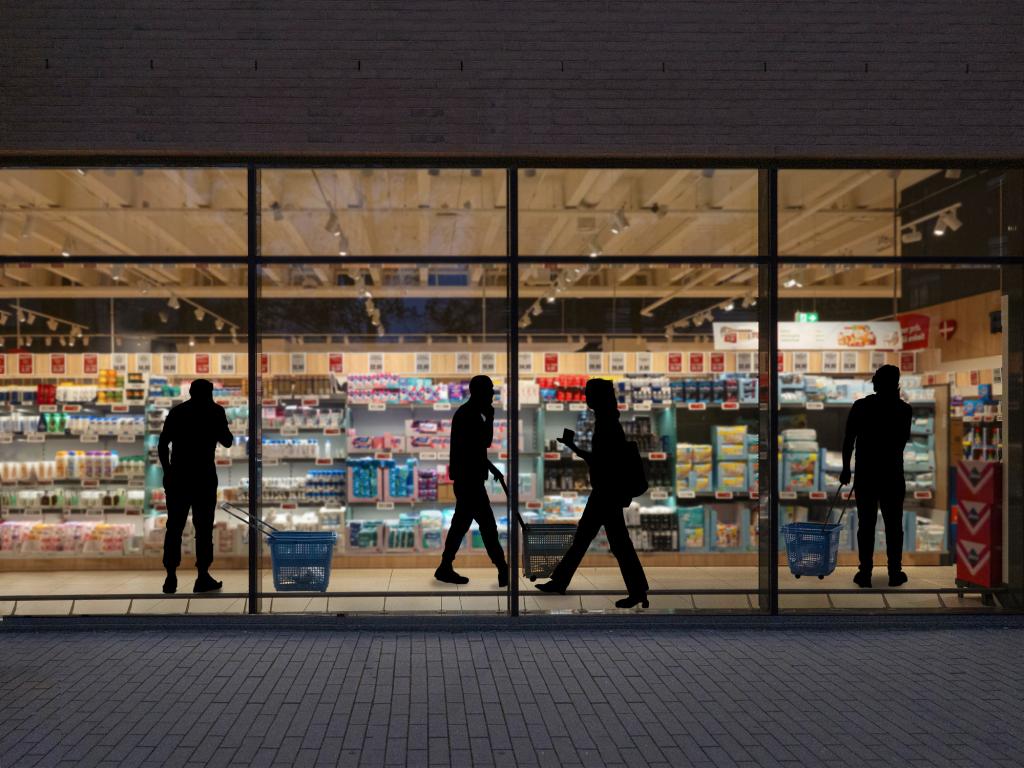
A recent case involving Morrisons highlights important Health and Safety risks that could affect your business.
R v W M Morrisons Plc – Court of Appeal clarifies an employer’s duty to control risks specific to vulnerable employees
Morrisons’ Supermarkets unsuccessful attempt to overturn its conviction for failing to ensure the health and safety of employee Matthew Gunn will be relevant to many UK employers, including those in the Food and Drink sector.
Matthew Gunn, who had suffered from epilepsy since birth, died after falling on stairs leading to his personal locker, which was located on the first floor. He was required to keep his personal property in his locker at all times during his shift.
A seizure was the probable cause of the fall.
The risk of injury to Matthew Gunn during an epileptic seizure when using the stairs had been identified several months beforehand. A suggestion to relocate his locker to the ground floor had also been made but was not acted upon.
As part of its’ appeal, Morrisons argued that it was not responsible for controlling everyday risks that epileptic people including Matthew Gunn faced all the time, particularly the use of stairs that were safe for ordinary users, or risks that were not directly connected with the company’s supermarket activities.
The Court of Appeal disagreed and held that;
- Section 2 of the Health and Safety at Work etc Act 1974 (HSWA 1974) imposed a duty on Morrisons’ as an employer to take reasonably practicable steps to ensure the safety of “all his employees” whilst at work;
- If one or more employees are put at risk by the way in which the employer operates their business, such as an employee with a history of epilepsy being required to use stairs, the duty under Section 2 HSWA 1974 arises;
- Having to access and store personal items in a designated locker was a work-related activity as it was part of how Morrisons operated its business;
- Morrisons failed to take reasonably practicable steps to control the specific risks to the health and safety of Matthew Gunn when using the stairs. His personal locker could have been easily relocated to the ground floor but was not.
The Morrisons’ case confirms that employers are under a duty to ensure the safety of all individual employees, including vulnerable employees and those with disabilities, when they are working or carrying out an activity arising out of or in connection with their work. Therefore, where a particular employee is put at risk, employers must take reasonably practicable measures to ensure their safety even if the work activity in question does not pose a risk to the health and safety of all or most of their colleagues.
Control measures in place for a work activity will often be sufficient enough to protect all employees engaged with the activity from harm, including those with vulnerabilities and challenges. However, there may be occasions when this is not the case and input from occupational health or a health and safety manager is required to identify what, if any, reasonably practicable adjustments can be made.
Whilst there is no specific requirement under UK health & safety law for all employees to be the subject of individual risk assessments, the Morrisons’ decision clarifies that a person-centred approach may, on occasion, be needed.
If you have any queries arising from this article or require assistance, please do not hesitate to contact our Regulatory team on 01392 210 700.
